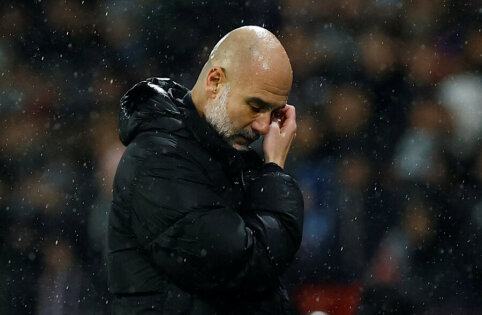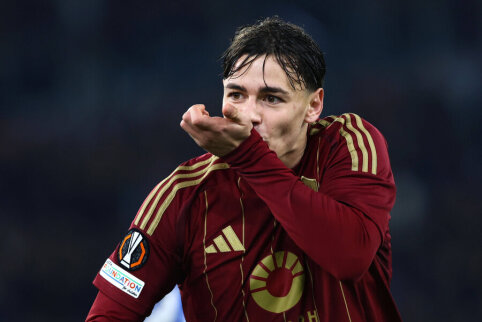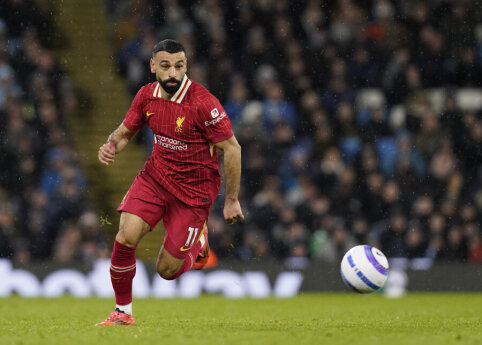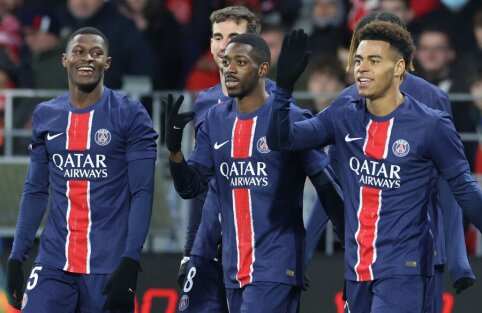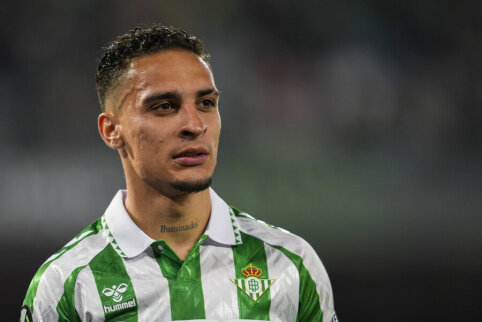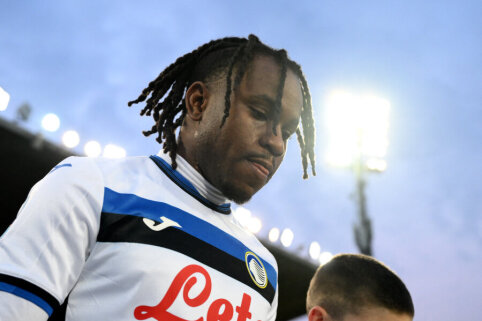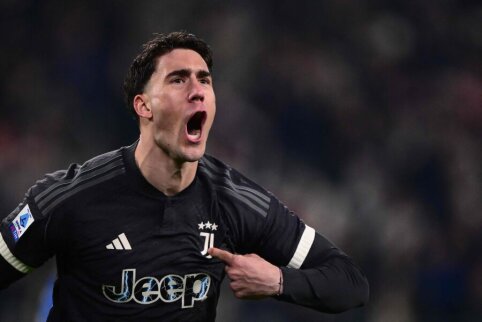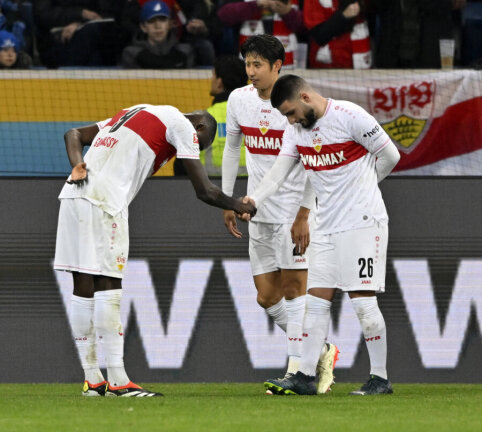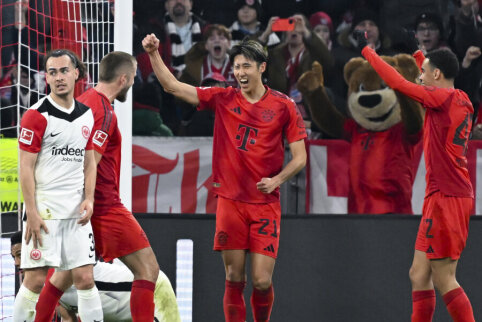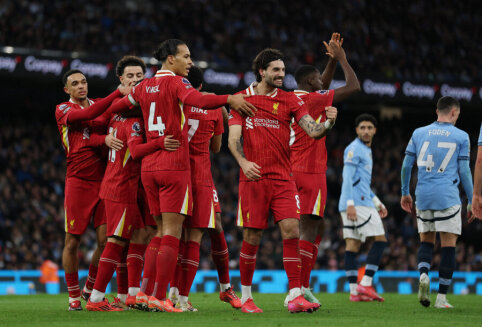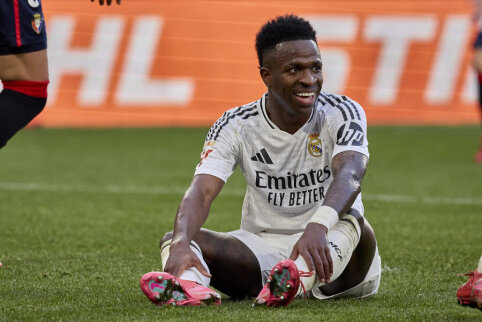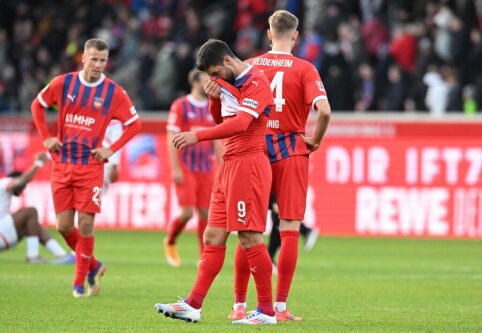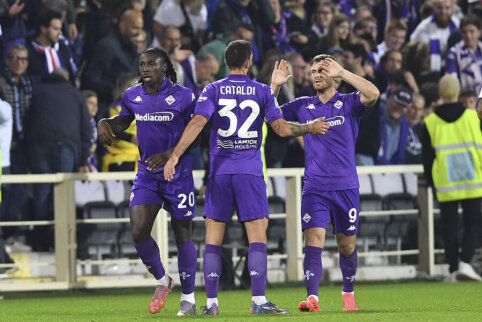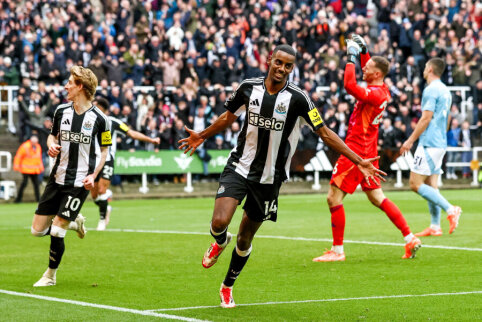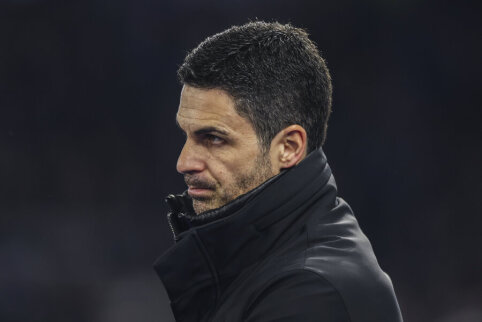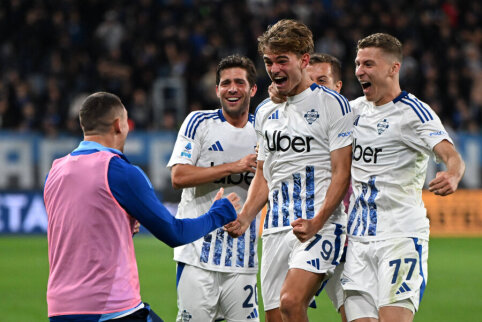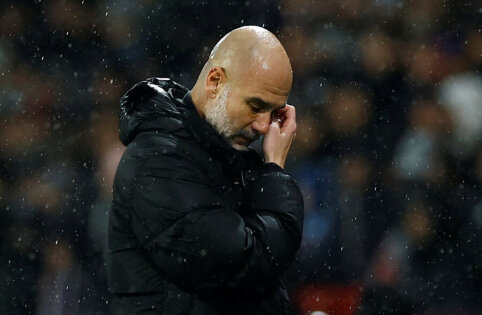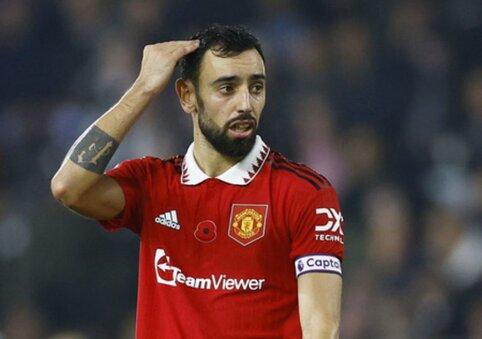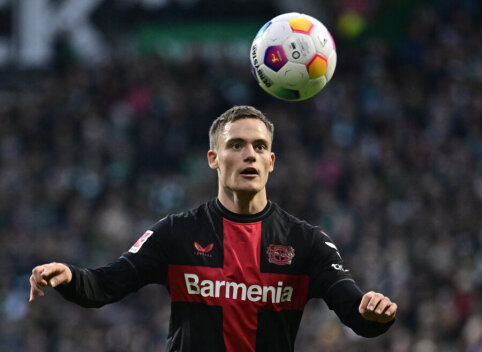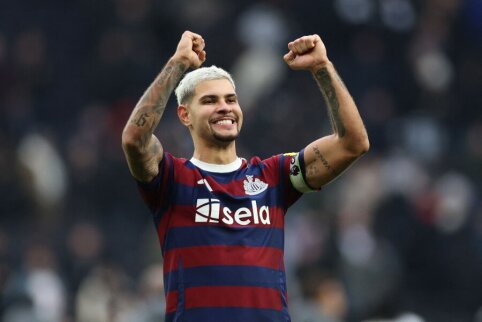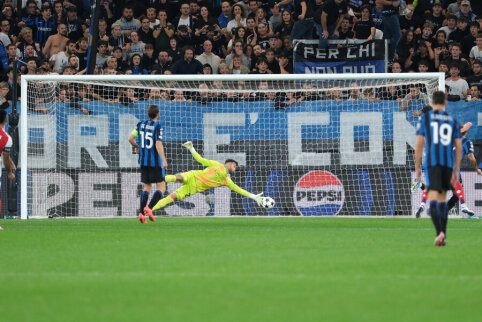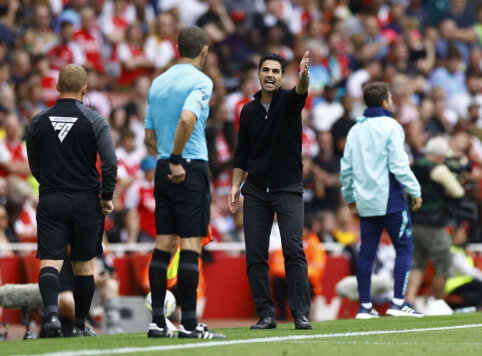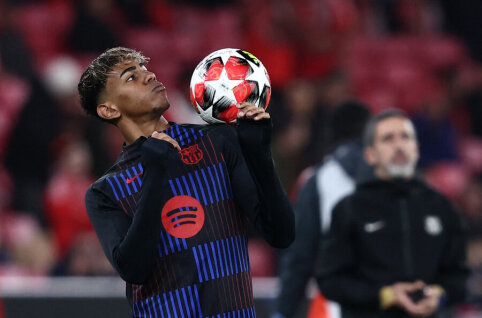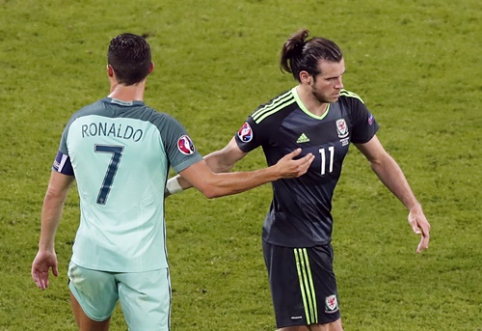
About the fact that national team football, excluding qualifying matches and major tournaments, has been neglected in recent years, UEFA itself has admitted. However, this organization has come up with a plan to revive national team football, even when there are no European or World Championships taking place. Goal correspondent Peter Staunton tried to explain more about the new Nations League project and its potential to rescue international football. In recent years, the growing popularity of the Premier League and the Champions League has overshadowed national team football. Although the major football championships every couple of years temporarily revive interest in national teams, the qualifying matches between the strongest European teams become mundane confrontations with much weaker teams. Meanwhile, it is better not to talk about the current state of friendly matches. Fans, coaches, and national football associations have been speaking in unison for many years that friendly matches essentially bring almost no benefits. Finally, this thought was also agreed upon by UEFA. "UEFA cared about raising the level of the European Championship, but they did not pay attention, or did not do anything at all, thinking about how to include all European national teams," acknowledged UEFA Executive Secretary Giorgio Marchetti. "The European Championship is only for those who qualify for it, but even then, the bread and butter of all national teams is the qualification matches. Since the beginning of this millennium, no innovations have been introduced into the system, so we think that national teams need the same attention that clubs receive. We want to create something new - to make a tournament that would have its own identity and could attract even more fans." Although wealthy clubs present so many dramas day in and day out that they receive the most attention, national team football will have its time during the season, during which it could attract attention even among the biggest events. To better capitalize on the international breaks given to national teams, UEFA has deployed a new weapon - the Nations League. The majority of unnecessary friendly matches will be replaced with games between similar-ranked countries, which will fight not only for the title but also for another opportunity to qualify for the 2020 European Championship. However, UEFA is determined not to kill off traditional strong national team friendly matches: they have designed the structure of the new tournament in such a way that the strongest teams will have time to plan and play friendly matches with their closest rivals and by doing so, boost their finances. Starting from next September, after the end of the World Cup in Russia, the Nations League will take an important place in the European football calendar. These matches will be important, as the teams will compete for points and titles. It is already emphasized that the matches will have the same standards as those during the qualification for major tournaments: teams will only be able to make three substitutions, and a player who makes his debut in the Nations League representing his national team will officially debut for the national team. "The Nations League will have the same rules as the qualifiers for major tournaments. The only difference is that the tournament format will be different from the qualification matches. These will be official matches that will be governed by the same rules," says G. Marchetti. A new tournament with a new identity and trophies, where national teams will compete - UEFA believes this will be the weapon to raise the interest level of national team matches to the level of the Champions League or the Europa League. "National teams and clubs are two souls of football. They are both equally important. You cannot have only national teams without clubs, and vice versa is also impossible. Fans also enjoy both club and national team matches equally. We have seen the enormous potential for improvement in national team battles, and we are trying to do everything to maximize it. We are working to do so, and in our tournaments, we constantly use the recipes that work successfully in other tournaments," says G. Marchetti. In recent years, UEFA has clearly focused on club football. In 2009, they replaced the UEFA Cup with the new Europa League tournament, and next season we will see a new and improved system in the Champions League. However, changes have also been made on the national team front, albeit involving the European Championship and qualification for the major tournaments - the number of participating teams in the European Championship has been expanded to 24, and in the qualification matches, instead of matches on standard days, national teams now play games throughout the week, thus implementing UEFA's planned 'football week' reform. "There are many things today that people couldn't do before but can do now. For example, an England national team fan can watch matches of France, Spain, Italy, Germany, or any other country: previously, they could not do that because all matches were played at the same time. At present, if England plays on Thursday, then Spain will have a match on Friday, and so on. We believe that this has provided a great benefit to fans who not only want to watch their country's performance but also want to see matches played by other national teams," reveals the UEFA Executive Secretary. In friendly matches, the national football associations negotiate with whom to play and where the matches will take place. It seems that UEFA wants to minimize the number of such agreements and matches. "We need to make the most of the football calendar, and fans need to know when and where their favorite teams will play so that they can see as many matches as possible. This is what we are doing with the new 'football week' concept, when from Thursday to Tuesday every evening matches are played, and broadcasters can buy rights to show matches in advance." All national teams participating in UEFA competitions will be divided into four divisions - A, B, C, and D, and teams will enter these divisions based on their coefficient rankings, the final results of which will be known on the same evening after the qualifying matches for the World Cup. The group stage matches of the Nations League will be played in September, October, and November of the following year, and the qualification for the European Championship will only start in March 2019. League A will consist of the 12 national teams with the highest coefficient, which will be divided into four groups of three teams each. The next 12 national teams will play in Division B, where the system will be the same - four groups of three teams. Fifteen national teams will be placed in Division C, where there will be one group of three teams and three groups of four. Meanwhile, the last 16 places in terms of coefficient will go to Division D. In the group stage, each team will play 4 or 6 matches, depending on the number of teams in the group. The strongest national teams in each group of League A will face off in the Nations League final in the summer of 2019, where there will be two semifinal matches, a match for the title winners, and a match for the third place. The host of this tournament will be announced by UEFA in December. The winners of Leagues B, C, and D will move up to a higher division, while the last-placed teams in Leagues A, B, and C will drop down to a lower division. The first round of group stage draws will take place in January 2018. The Nations League divisions will become a very important factor in the qualification for the European Championships - G. Marchetti revealed that UEFA plans to eliminate the current system of drawing lots for the divisions and base it on the performances in the Nations League. "In the next qualification for UEFA tournaments, the allocation of teams in pots will depend only on the performance in the Nations League, not on the coefficient, as it used to be before." Furthermore, the Nations League will give four national teams that fail to qualify for the championships through the European Championship qualifiers a chance to qualify through the Nations League. This selection process will take place just a month before each European Championship begins. In the European Championship qualifiers, teams will be divided into 10 groups, with the top two teams in each group qualifying directly for the championship. The remaining four spots will be contested by the winners of the division group, who will play against the winners of the other division groups for a single ticket, of which UEFA will allocate one to each of the four Nations League divisions. The new tournament should immediately solve two criticized issues - the long qualification period and the excessive number of friendly matches, which have become almost unnecessary. Looking to the future, UEFA hopes to be able to change the so-called 'FIFA calendar' and shorten the qualification tournaments to an even shorter period, with the aim of playing them after the club season ends. "First of all, national teams can now play only during international break periods. From my experience, I can say that international breaks raise very sensitive and difficult issues. It is very difficult to find the right balance that suits both clubs, leagues, and national teams. But I have no doubt that everything can be reviewed and improved, and I know that this calendar was one in which it was very difficult to find a solution that suited everyone. If attempts are made to look at possible changes in the future, we will see what we can change. At present, we cannot introduce more innovations because we do not control the football calendar. The match calendar is established for the whole world. UEFA cannot decide when national teams play matches on its own, whether it is in June or any other time of year. If a new calendar is to be established, it must be developed in consultation with all the relevant parties. The current calendar is called the 'FIFA calendar'. However, we must not forget that everyone has a say in shaping it - both confederations, national associations, tournament organizers, local leagues, and clubs," revealed G. Marchetti about the complex situation. Although this situation means that dramatic changes in national team football are unlikely in the near future, the Nations League is a good start. This tournament will allow UEFA to breathe life into international football, which has been dying in recent years.
